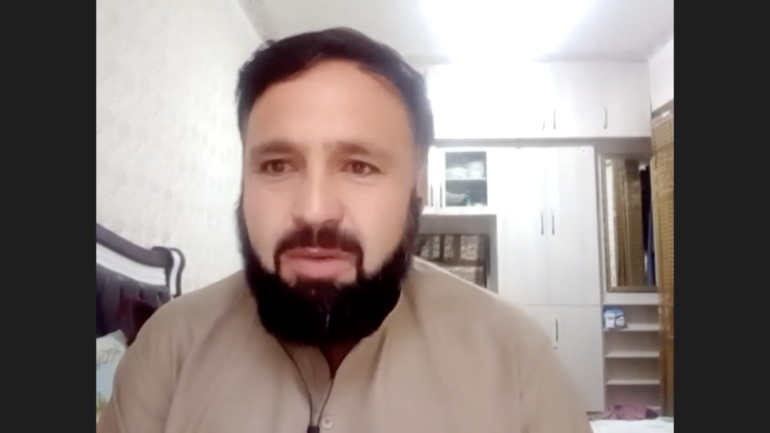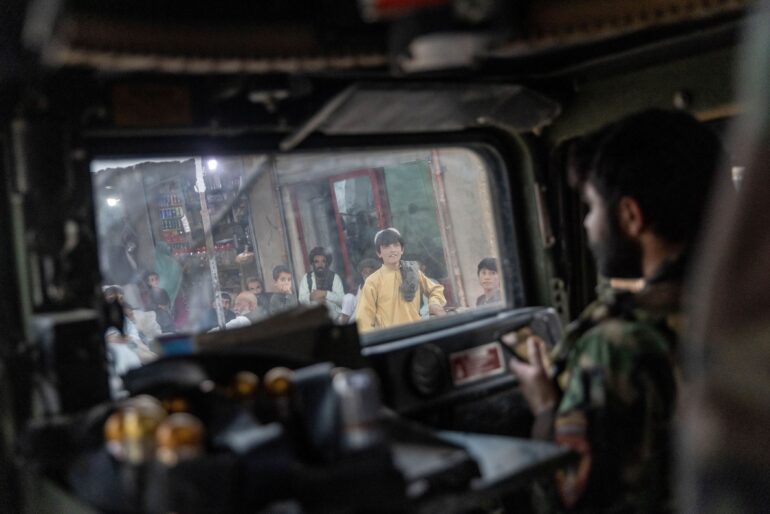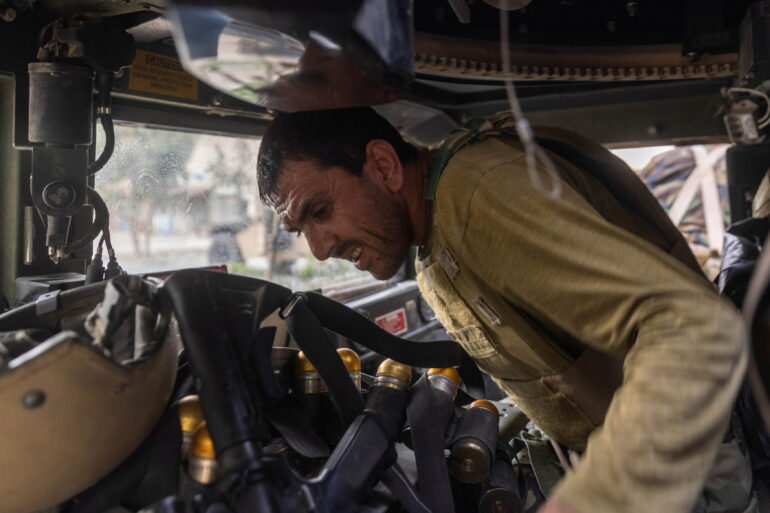Marjan Tasekh, an Afghan Civil Society activist, works for the country’s health ministry had helped the U.S. and Canadian forces as a translator. And now as U.S. troops withdraw from Afghanistan, he said he lives in fear for his life.
“We are the target,” he said. Tasekh said that is a big concern among those who worked with the U.S. forces and Canadians.

He said he was threatened earlier this year with being kidnapped or murdered if he didn’t pay off Taliban members when he visited his native village near the Uzbekistan border.
“I went to my native village in Balkh province, there were some army people (who) told me, ‘you should pay us, otherwise, we will kidnap you or kill you,'” Tasekh said.
He is currently working for Afghan’s health ministry as a media consultant, and government workers become targets as the Taliban step up military operations against the Afghan government.
Tasekh, who is based in Kabul, travels regularly around the country. He said fighting involving rocket attacks, gunshots and airstrikes can be heard around the clock in other cities.
The security gap in Afghanistan as the conflict between Taliban and government rages has opened new space for non-aligned armies and militias, bringing the country to the edge of civil war.

Canada withdrew its forces seven years ago, and two decades after invading the country, the United States is pulling out of Afghanistan.
The U.S. forces will complete its exit by Aug. 31, after the longest war in American history. President Joe Biden said the withdrawal already is more than 95 per cent complete.

Concern for the country is growing among Afghan-Canadians, including Elleha Murady, who fled from Afghanistan with her parents in 1998.
“My mom would tell us tragic stories, where she was pregnant with my brother, the bombs would go off around them,” she said. “That’s why we are here now.”
She is worried about her uncles and aunt, who face threats again because of the Taliban resurgence her back home.
“They’re just scared that the Taliban will take over and make it worse for them,” she said.
“How many of us are going to flee the country? Afghan families will not have beautiful stories to tell. It’s all full of sorrows and pain,” Murady said.
She said the U.S. should have had a better plan than withdrawing from Afghanistan.

“Their only prayer is that somehow the Taliban gets out of the picture,” she said.
“They, Afghan people, don’t know what strategy they have to keep their lives safe, ” she said. “But a nation to have a future has to feel safe.”

